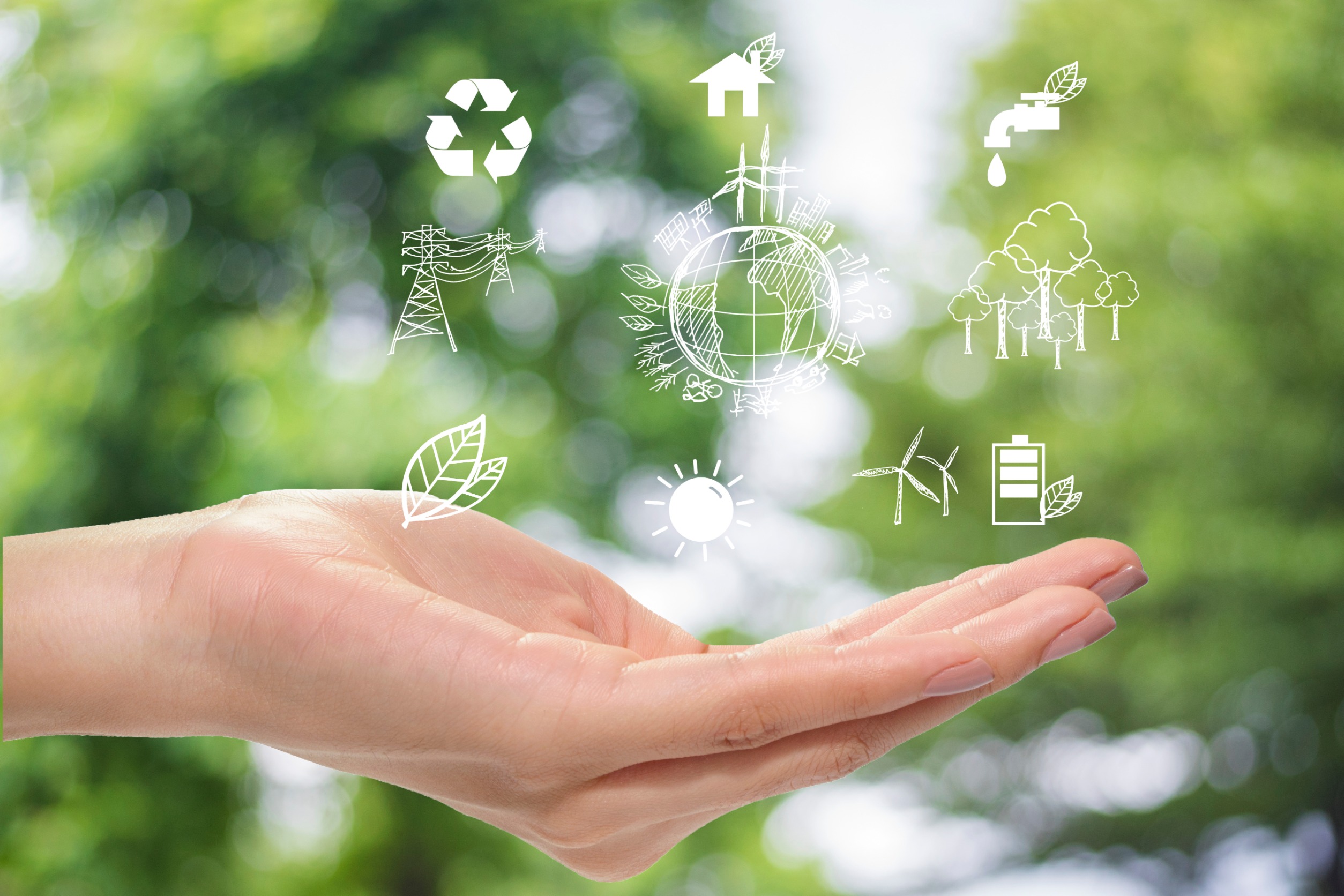Things You Should Know About Sustainable Development

Sustainable development is a concept that aims to balance economic growth, social well-being, and environmental protection to meet present needs without compromising the ability of future generations to meet their own. It is an essential approach in addressing global challenges such as climate change, resource depletion, and social inequality. Understanding sustainable development is crucial for individuals, businesses, and governments in creating a better and more sustainable future.
The Three Pillars of Sustainable Development
Sustainable development is built upon three interconnected pillars:
- Economic Sustainability – Ensuring economic growth without depleting natural resources, promoting fair trade, and encouraging responsible business practices.
- Social Sustainability – Ensuring equal opportunities, promoting human rights, improving access to education and healthcare, and reducing poverty.
- Environmental Sustainability – Protecting natural ecosystems, reducing carbon emissions, managing waste responsibly, and promoting renewable energy sources.
Balancing these three aspects is key to achieving long-term sustainability.
The Importance of Sustainable Development Goals (SDGs)
The United Nations introduced the 17 Sustainable Development Goals (SDGs) in 2015 as a universal call to action to end poverty, protect the planet, and ensure prosperity for all by 2030. These goals address various global issues, including:
- Climate action
- Quality education
- Clean water and sanitation
- Affordable and clean energy
- Gender equality
- Sustainable cities and communities
Understanding and supporting the SDGs is crucial for governments, businesses, and individuals to drive positive change.
The Role of Renewable Energy
Transitioning to renewable energy sources such as solar, wind, hydro, and geothermal is a fundamental aspect of sustainable development. Renewable energy helps reduce reliance on fossil fuels, lower greenhouse gas emissions, and promote energy security. Governments and industries worldwide are investing in clean energy solutions to combat climate change and support long-term sustainability.
Sustainable Consumption and Production
A significant part of sustainable development involves making responsible choices in consumption and production. This includes:
- Reducing waste and promoting recycling
- Supporting eco-friendly and ethical products
- Encouraging sustainable agriculture and responsible fishing practices
- Reducing plastic use and promoting biodegradable alternatives
By adopting sustainable habits, individuals and businesses can contribute to reducing environmental degradation and resource depletion.
The Role of Businesses in Sustainability
Businesses play a crucial role in promoting sustainable development by adopting environmentally and socially responsible practices. Corporate Social Responsibility (CSR) initiatives, ethical sourcing, carbon footprint reduction, and green innovations contribute to building a sustainable economy. Companies that integrate sustainability into their operations also gain consumer trust and long-term profitability.
Challenges in Achieving Sustainable Development
Despite its importance, achieving sustainable development comes with several challenges, including:
- Resistance to change from industries dependent on unsustainable practices
- Economic disparities that limit access to sustainable solutions
- Political and policy barriers that slow down implementation
- Lack of awareness and education on sustainability issues
Addressing these challenges requires collaboration between governments, businesses, and individuals to implement policies, invest in sustainable technologies, and raise awareness.
How Individuals Can Contribute to Sustainable Development
Everyone has a role to play in promoting sustainability. Some ways individuals can contribute include:
- Reducing energy and water consumption
- Using public transportation, biking, or carpooling to lower carbon emissions
- Supporting local and sustainable businesses
- Practicing responsible waste management and recycling
- Educating others about sustainability and advocating for greener policies
By making small changes in daily habits, individuals can contribute to a more sustainable and environmentally friendly world.
Conclusion
Sustainable development is essential for the well-being of both present and future generations. By understanding its principles and actively participating in sustainable practices, individuals, businesses, and governments can work together to build a healthier planet, a fairer society, and a thriving economy. As global challenges continue to arise, embracing sustainability is no longer a choice but a necessity for a better future.
- Industry
- Art
- Causes
- Crafts
- Dance
- Drinks
- Film
- Fitness
- Food
- Oyunlar
- Gardening
- Health
- Home
- Literature
- Music
- Networking
- Other
- Party
- Religion
- Shopping
- Sports
- Theater
- Wellness
- News




